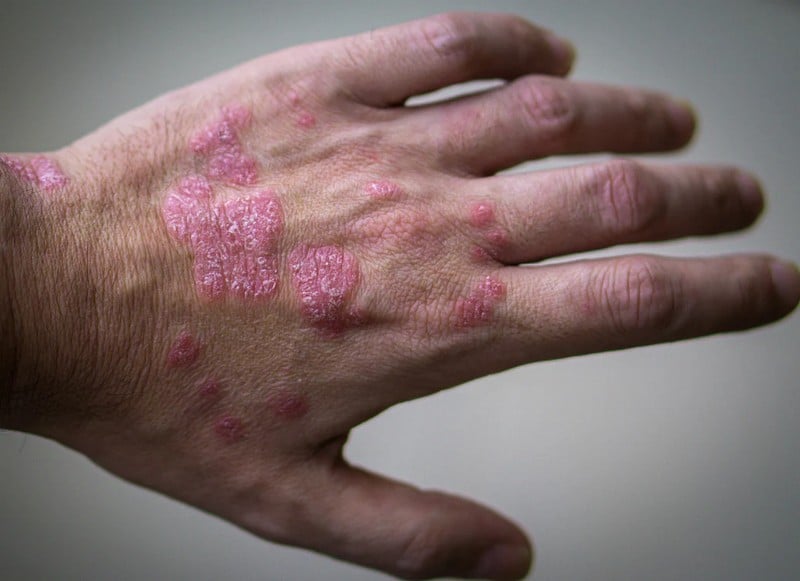Skin Irritation

In a healthy stress response, this hormone rise is transient and has minimal impact on the skin. With stress, these hormones remain active for an extended time and wreak havoc on the skin. Inflammation can cause flare-ups of skin conditions such as rosacea, eczema, and psoriasis, preventing acne from healing. When under stress, many individuals engage in skin-irritating behaviors such as rubbing, scratching, and picking. These behaviors can cause fissures in the skin’s surface, which act as entry points for dirt and bacteria. This can lead to an increase in acne, red bumps, skin infections, and blemishes.
As inflamed skin loses its capacity to retain water, inflammatory immune responses may cause general dryness and itching. The stress-induced cortisol hormone also destroys collagen. Stress diminishes the natural proteins responsible for skin elasticity, thereby hastening the onset of wrinkles and other signs of aging.
High cortisol also breaks some dermal proteins and weakens small blood vessels. The skin may become so fragile that it develops a paper-like sheen and becomes easily torn. This is known as transepidermal water loss, indicating that the skin barrier has weakened to the point where water is evaporating. This increases the likelihood of skin irritation.










